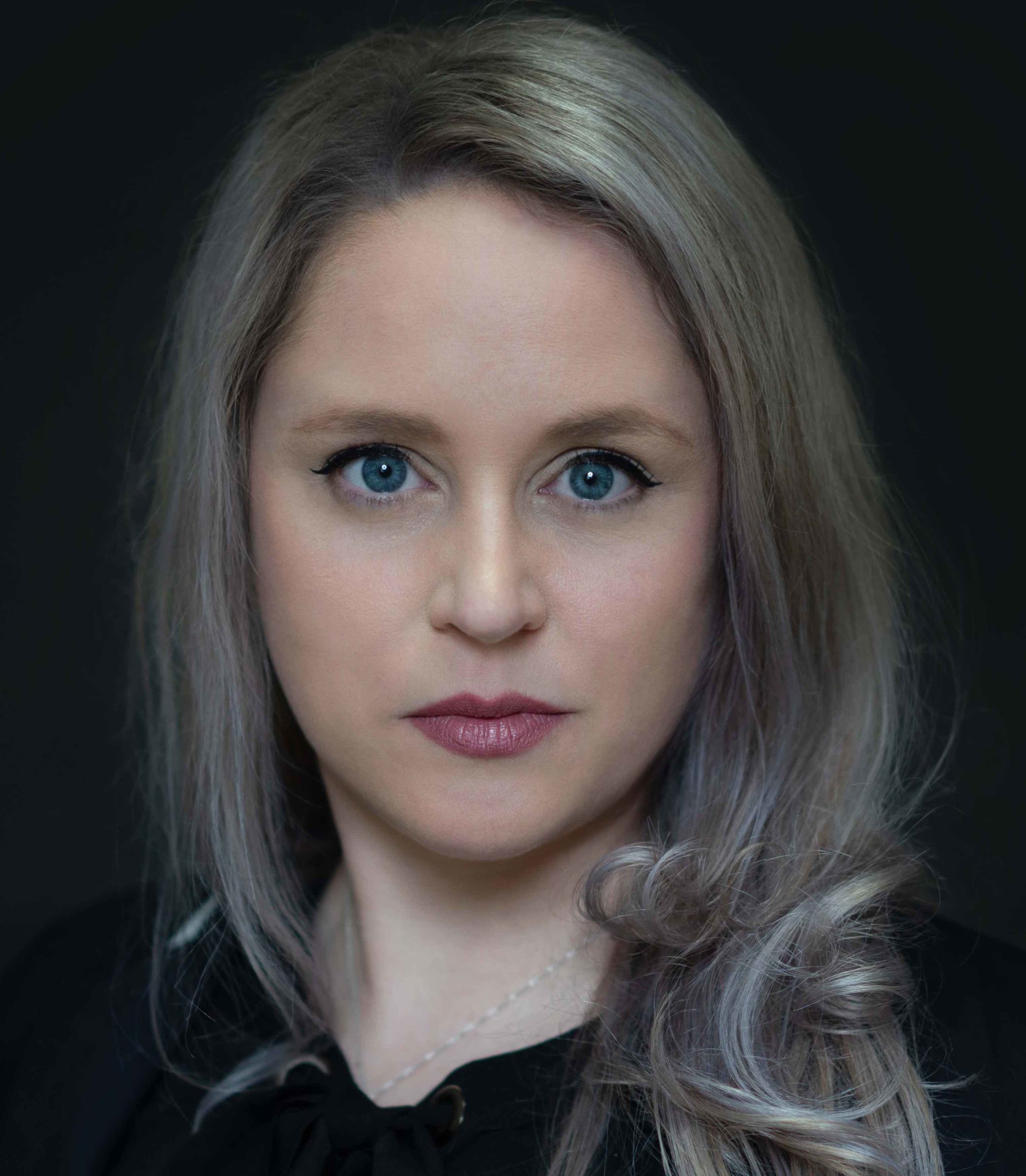Food porn – is food protected by copyright?
The celebrity world is doing it, Facebook friends are doing it – besides cat content, it's probably the most viral thing Facebook and other social media platforms have to offer right now. But what about the legal implications?
1. What is food porn?
Food porn is the photographing and sharing of calorie bombs on Facebook, Instagram, Twitter, and the like. Users usually photograph particularly tasty things with their cell phone cameras and diligently upload, hashtag, like, and share them.
2. Can photography and sharing be prohibited?
It's becoming increasingly common these days: Some restaurants have signs prohibiting Instagramming or Facebooking their meals. Is the chef even authorized to issue a ban?
The answer isn't clear: It depends. While the red and white fries from the snack bar around the corner can be photographed and shared, things can be quite different when it comes to high-quality Michelin-starred cuisine. Namely, if the chef is also an artist, and the meal is therefore a copyrighted work.
Then the chef can determine whether and how reproduction may take place. This may sound strange, but copyright protection is the exception. After all, not everything that ends up on the plate is art!
The decisive factor in the assessment is the degree of artistic merit. This degree of artistic merit distinguishes works protected by copyright from those that are not. In the case of applied art, including commercial art, it depends on whether the aesthetic effect of the design is not merely due to its intended use, but also based on an artistic achievement (see: Federal Court of Justice, judgment of November 13, 2013 – I ZR 143/12 – Geburtstagszug). The requirements for artistic merit are significantly higher in the area of commercial art than for non-functional art, i.e., art that does not serve a utilitarian purpose.
Furthermore, there is no known case in which a chef has sued a guest for infringement of his copyright.
Nevertheless, if the chef also has house rules, he can set his own rules.
3. Conclusion
Copyright law generally doesn't allow for exceptions for non-commercial photos. If you want to be completely safe, you should probably ask the restaurant owner or chef. A complete ban probably wouldn't be a good option for the chef if he doesn't want to completely alienate his guests.
About the author

Anne-Kathrin Renz
Anne-Kathrin Renz is a lawyer, data protection officer, and lecturer. She completed the theoretical part of her specialist lawyer training in intellectual property law and IT law. In her blog, she reports on current topics from the digital world of law.